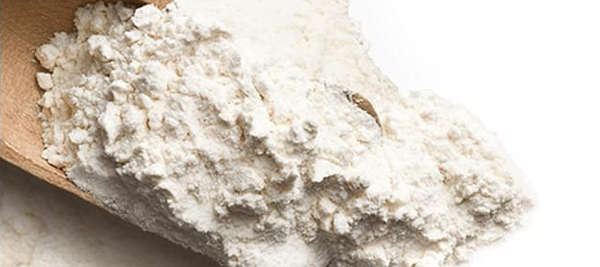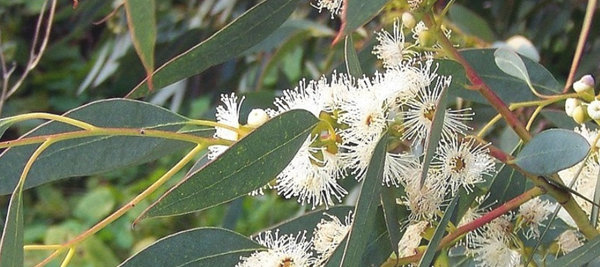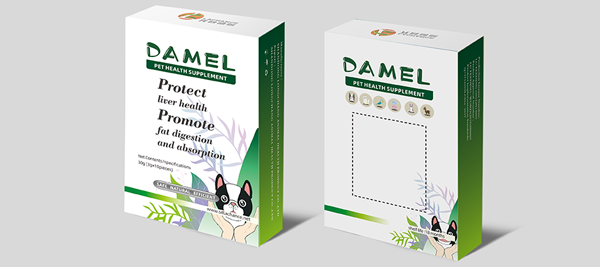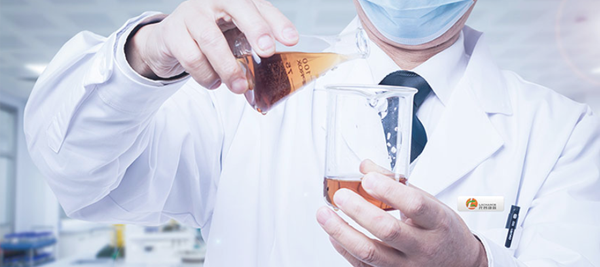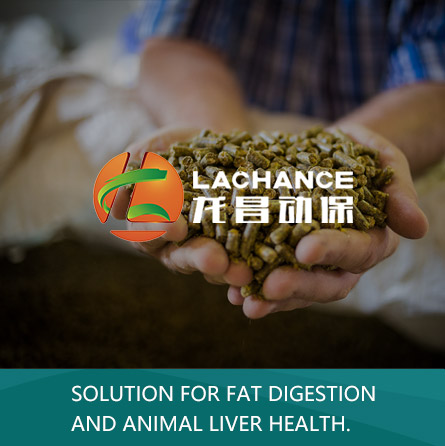Advancing Aquaculture: Learning Notes from the 2024 Aquaculture Academic Conference
The 2024 Aquaculture Academic Conference, co-hosted by Lachance Group, themed "Driving High-Quality Development in the Aquatic Feed Industry with New Productive Forces"
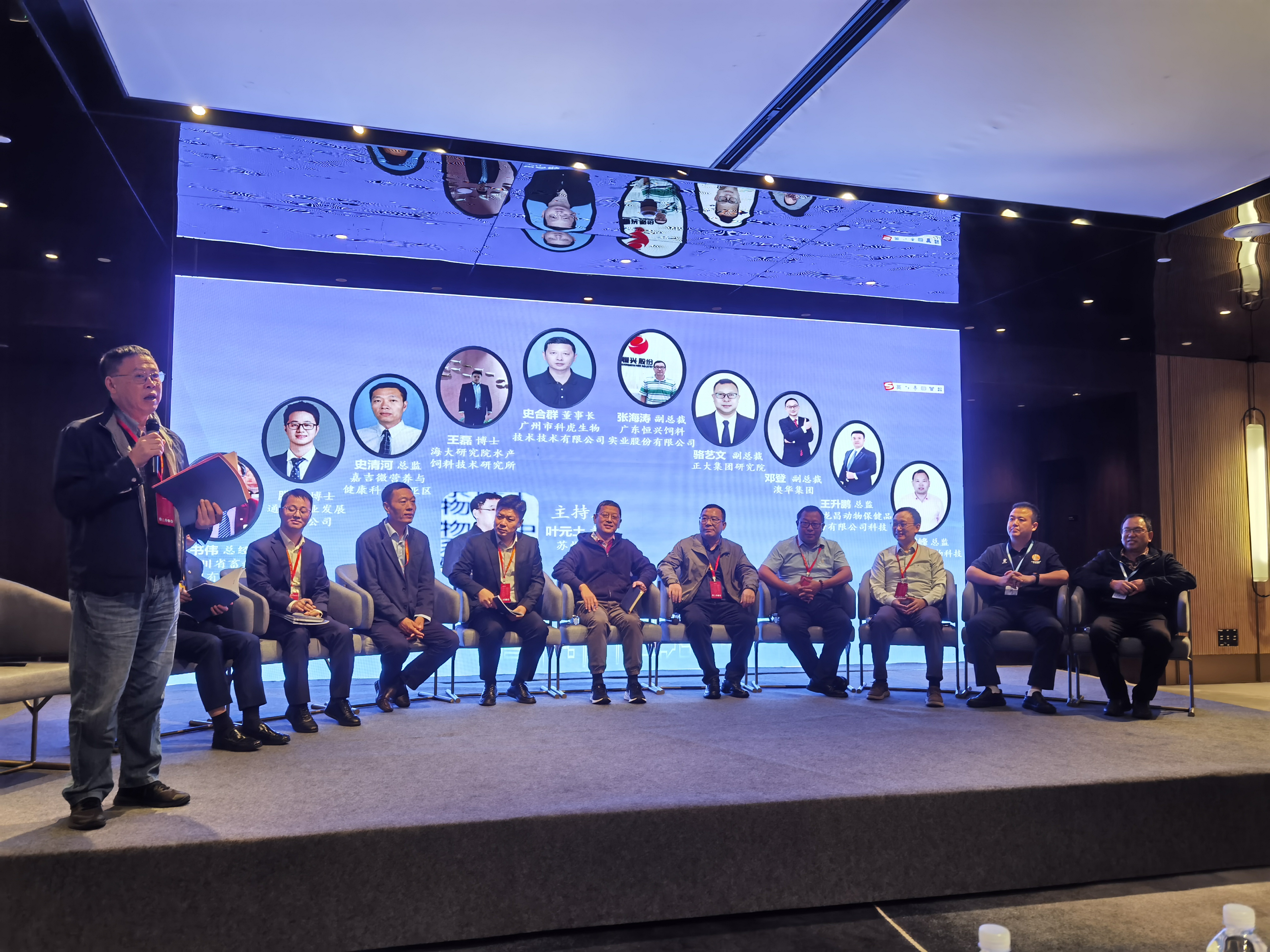
As a high-tech enterprise specializing in natural extract-based feed additives, Lachance Group has consistently prioritized scientific research and the transformation of results into practical applications. The company is dedicated to advancing the high-quality development of the livestock and aquaculture industries. Lachance has established solid collaborations with Shandong Agricultural University, Nanjing Agricultural University, and the Yellow Sea Fisheries Research Institute of the Chinese Academy of Fishery Sciences. Together, they have achieved a series of scientific breakthroughs in the application and mechanisms of products such as bile acids.

Professor Shao Qingjun – Zhejiang University
Professor Shao Qingjun delivered a presentation titled "Application and Research Progress of Bile Acids in Aquatic Feeds" at the conference. He shared findings from his studies on the efficacy and tolerance evaluation of feed bile acids in Pacific white shrimp (Litopenaeus vannamei). The research demonstrated that bile acids are effective feed additives with good tolerance, recommending a dosage of 200 mg/kg. Their application improved the hepatopancreas health and intestinal lipid metabolism of Pacific white shrimp, enhanced the expression of non-specific immune-related genes, and promoted intestinal health by reducing the proportion of Vibrio species in the gut.
Additionally, Professor Shao presented the application effects of bile acids in feeds for tilapia (Oreochromis niloticus) and catfish (Clarias gariepinus). His studies revealed that bile acids contribute significantly to improving growth performance, protecting liver and intestinal health, and acting as beneficial feed additives for aquaculture species.

Professor Lin Shimei – Southwest University
In his presentation titled "Key Pathways for Clean Production of Largemouth Bass with Dual Focus on Health and Quality", Professor Lin Shimei highlighted the benefits of combining bile acids and taurine in aquafeeds. He explained that this combination can enhance liver health, improve lipid metabolism, and boost immune function in largemouth bass (Micropterus salmoides). Furthermore, it increases intestinal antioxidant enzyme activity, enhances the relative expression of tight junction protein genes, and improves overall intestinal health.

Professor Cai Chunfang – Soochow University
Professor Cai Chunfang delivered a presentation titled "Feed-Induced Damage in Aquatic Animals: Evidence and Challenges" at the conference. In her report, Professor Cai highlighted the critical role of bile acids in the digestion and utilization of dietary fiber. She proposed mechanisms and pathways through which bile acids alleviate the damage caused by high dietary fiber loads in aquafeeds, outlining strategies to mitigate such effects. Her findings provide a feasible solution for expanding the application scope of bile acids and addressing feed-induced damage in aquaculture species.

Professor Xie Shiwei – Guangdong Ocean University
Professor Xie Shiwei presented a report titled "Research Progress on Bile Acids in Aquatic Animal Feeds" at the conference. Drawing on years of research by his team, Professor Xie introduced five typical application scenarios for bile acids as a versatile functional feed additive in feeds for major marine and freshwater aquaculture species in both domestic and international contexts. These scenarios include improving the absorption of fat-soluble nutrients, enhancing the utilization of high-fat feeds, boosting the efficiency of low-fishmeal feeds, promoting the use of high-sugar diets, and detoxification. His findings demonstrated that exogenous bile acid supplementation improves growth performance, feed utilization, digestive enzyme activity, immune capacity, lipid reduction, and toxin residue reduction in farmed aquatic animals.

Lecturer Li Jiamin – Jiangxi Agricultural University
Lecturer Li Jiamin presented a report titled "Determining the Requirement for Bile Acids in Eels and Their Impact on High-Fat Diets" at the conference. Based on research into the application of bile acids in eel farming, Mr. Li concluded that supplementing feed with bile acids promotes eel growth, enhances antioxidant capacity in the liver and intestines, reduces liver fat deposition, alleviates liver damage, and supports overall liver and intestinal health. Importantly, bile acids serve as an effective nutritional regulation strategy to mitigate intestinal inflammation and oxidative stress induced by high-fat diets in eels.

